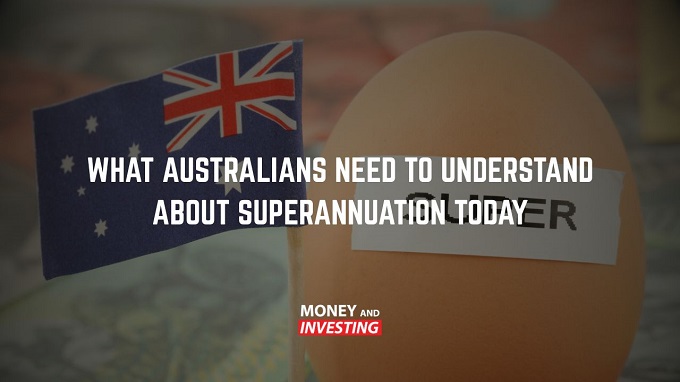The Power of Income Investing and Dividend Strategies: Andrew Baxter
Introduction
In the dynamic world of investing, where strategies and trends constantly evolve, income investing and dividend strategies have emerged as compelling choices for investors looking to secure consistent returns and build long-term wealth. These approaches prioritize the generation of cash flow from investments, primarily through dividends, as a means to create a reliable income stream. In this article, we will explore the concept of income investing, delve into various dividend strategies, and discuss their numerous advantages and considerations.
Understanding Income Investing
Income investing is an investment strategy that revolves around generating a steady stream of income from one's investments. Unlike strategies that aim for capital appreciation, income investors prioritize cash flow, which can provide a reliable source of funds for various financial goals. This approach is particularly appealing to those who seek financial stability, such as retirees or individuals looking to supplement their regular income.
Exploring Dividend Strategies
Dividend strategies are a prominent facet of income investing. They focus on investing in dividend-paying stocks or income-generating assets, such as bonds, real estate investment trusts (REITs), and dividend-focused mutual funds or exchange-traded funds (ETFs). The primary goal is to accumulate assets that provide regular dividend payments.
Several dividend strategies exist:
Dividend Growth Investing: This approach emphasizes investing in companies with a strong history of consistently increasing their dividend payouts. By selecting such companies, investors can potentially benefit from growing income over time.
High Dividend Yield Investing: Here, the focus is on stocks or assets with the highest dividend yields. While these investments tend to offer higher immediate income, they may carry additional risk, and the dividend payments may not grow as steadily.
Dividend Aristocrats: These are companies that have a consistent record of increasing dividends for at least 25 consecutive years. Investing in Dividend Aristocrats can provide stability and reliable income.
Dividend ETFs and Mutual Funds: These funds pool together a diversified portfolio of dividend-paying assets. They offer investors an easy way to access a broad range of dividend stocks or bonds, providing instant diversification.
Benefits of Income Investing and Dividend Strategies
Steady Income Stream: Income investing and dividend strategies can provide a predictable and consistent source of income, making them ideal for investors seeking financial stability or passive income during retirement.
Long-Term Wealth Accumulation: Over time, reinvested dividends can significantly enhance the total return on an investment. This wealth compounding effect is a powerful tool for growing assets.
Diversification Opportunities: Various dividend strategies allow investors to diversify their portfolios across different asset classes, sectors, and geographic regions, reducing the risk associated with a concentrated investment.
Inflation Hedge: Dividend payments tend to increase over time, which can help investors keep pace with inflation and preserve their purchasing power.
Considerations for Income Investing
While income investing and dividend strategies offer numerous benefits, it's crucial to be aware of the following considerations:
Market Risk: Just like any investment, dividend-paying stocks and assets are subject to market fluctuations. It's essential to understand the risk associated with the chosen investments.
Interest Rate Risk: Rising interest rates can impact the value of bonds and bond-focused dividend strategies. Investors should be prepared for potential fluctuations in bond prices.
Dividend Cuts: Some companies may reduce or eliminate dividend payments during challenging economic times. Investors should diversify and monitor their investments to mitigate this risk.
Tax Implications: Dividend income may be subject to taxation, which can affect the overall return on investments. It's important to be aware of tax regulations and plan accordingly.
Conclusion
Income investing and dividend strategies are powerful tools for generating consistent returns and building wealth over the long term. By focusing on cash flow through dividends, investors can secure financial stability, benefit from compounding returns, and enjoy diversification opportunities. However, it's essential to approach these strategies with a clear understanding of the potential risks and tax implications to make informed investment decisions. Whether you're a retiree seeking passive income or a long-term investor looking for reliable returns, income investing and dividend strategies can be a valuable addition to your financial portfolio.


Comments
Post a Comment